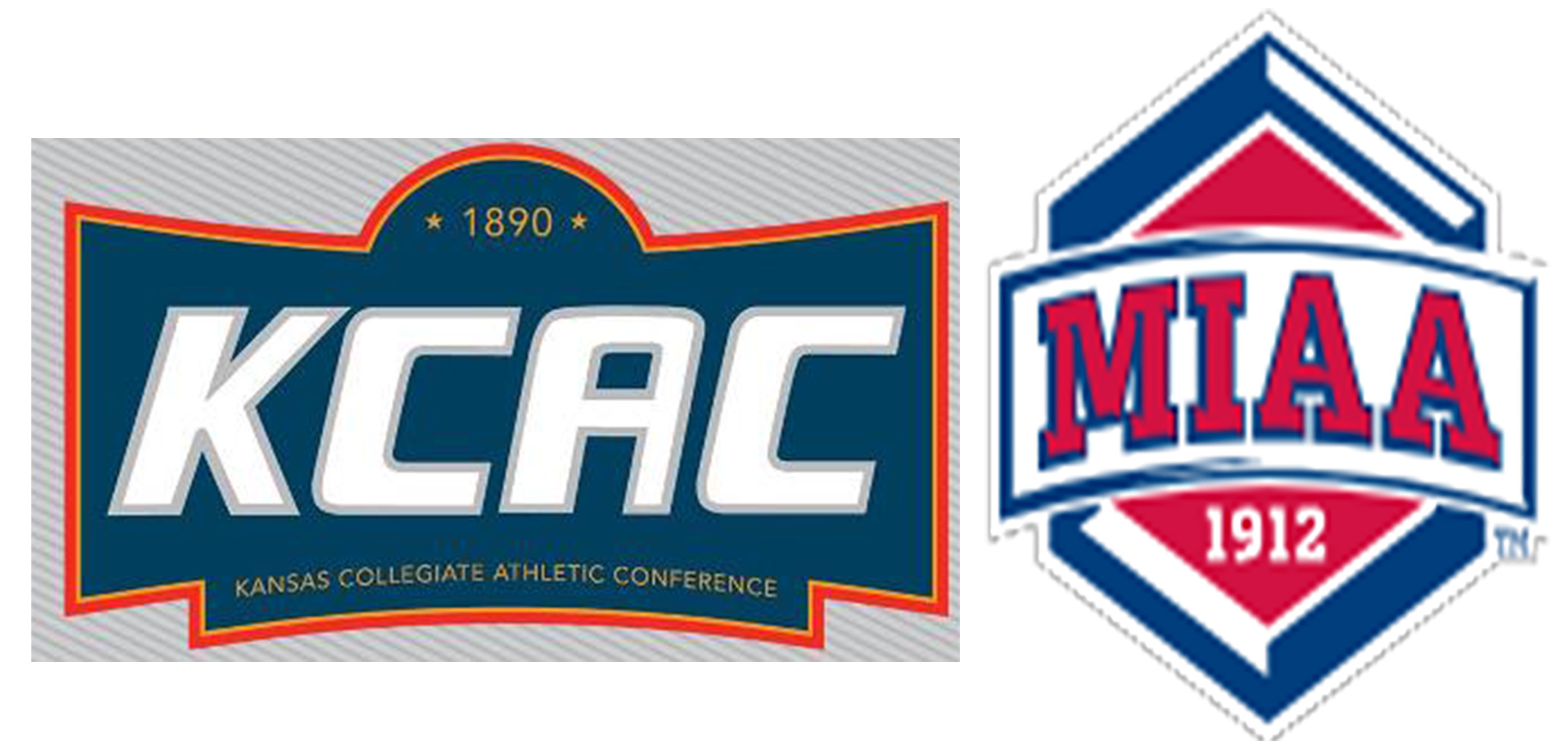Native Kansan Dwight D. Eisenhower is considered one of the top 5 presidents in U.S. History.
The five highest rated presidents, according to C-SPAN, are Abraham Lincoln, George Washington, Franklin D. Roosevelt, Theodore Roosevelt and Dwight D. Eisenhower.
Eisenhower, whose presidential library and museum is in his boyhood hometown of Abilene, was President from 1953 through 1961 after leading the United States and its allies to victory over Germany in World War II.
According to the Eisenhower National Historic Site, Ike’s greatest accomplishments as President include:
- He Sponsored and Signed the Civil Rights Bill of 1957. This was the first civil rights bill since Reconstruction. Much to Eisenhower’s dismay, Congress amended the bill and critically weakened its effectiveness.
- He Sponsored and Signed the Federal Aid Highway Act of 1956. This gave birth to America’s interstate highway system. Eisenhower worked hard to get the bill passed and it was his favorite piece of legislation.
- He Balanced the Budget, Not Just Once, But Three Times. Despite much pressure to do otherwise, he also refused to cut taxes and raise defense spending. His fiscal policy contributed to the prosperity of the 1950’s.
- He Ended the Korean War. He alone had the prestige to persuade Americans to accept a negotiated peace and convince the Chinese that failure to reach an agreement would lead to dire consequences. Eisenhower considered this to be his greatest presidential accomplishment.
- He Kept America at Peace.
Since 2000, C-SPAN has conducted a historians survey each time there has been a change in administrations. This cycle, 142 historians and professional observers of the presidency participated.
Surveys are distributed to historians, professors and other professional observers of the presidency who are drawn from databases of C-SPAN programming, research in the field and suggestions from academic advisers. 142 completed the survey.
While Eisenhower is among the top 5 Presidents, the bottom five include William Henry Harrison, Donald Trump, Franklin Pierce, Andrew Johnson and James Buchanan.



